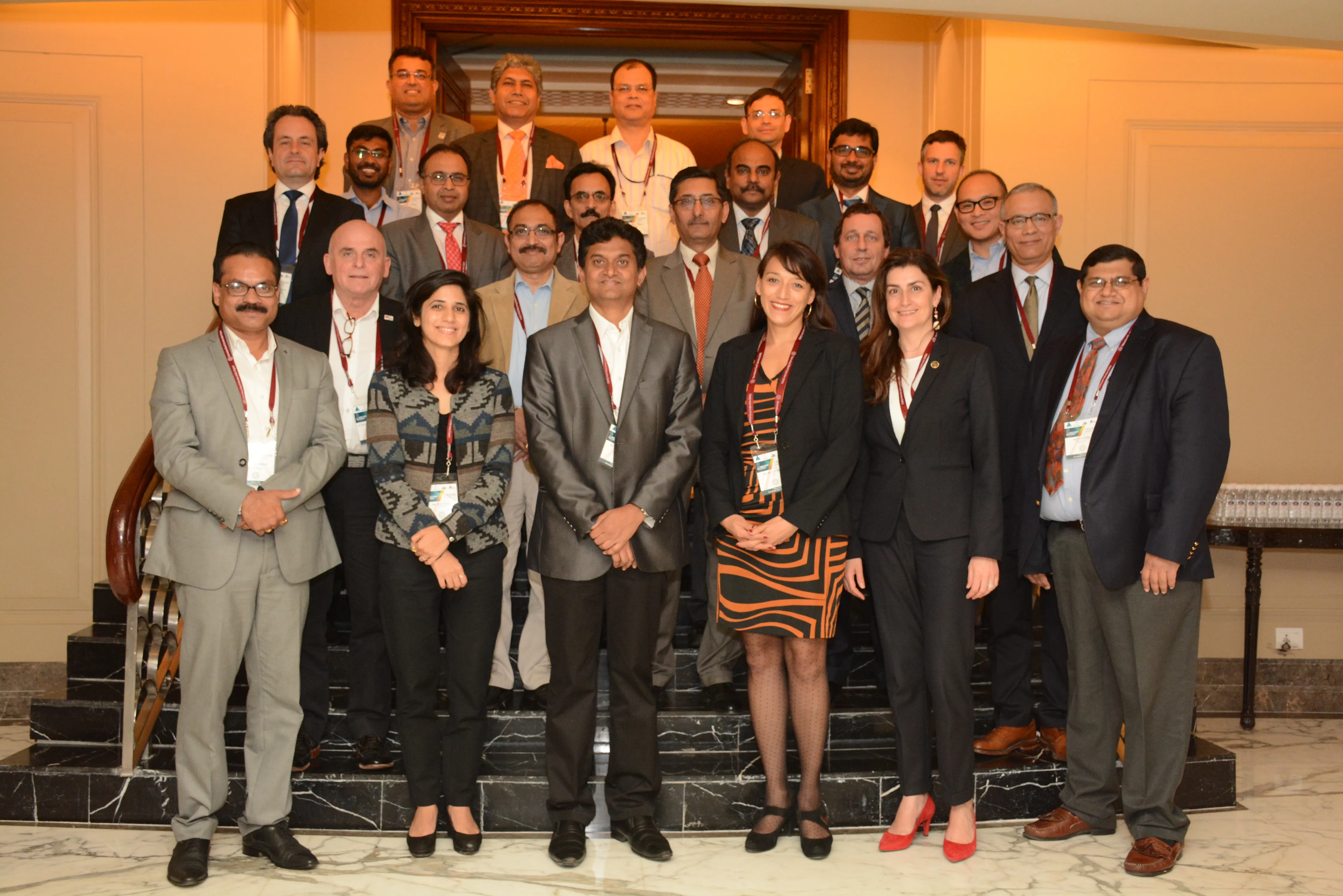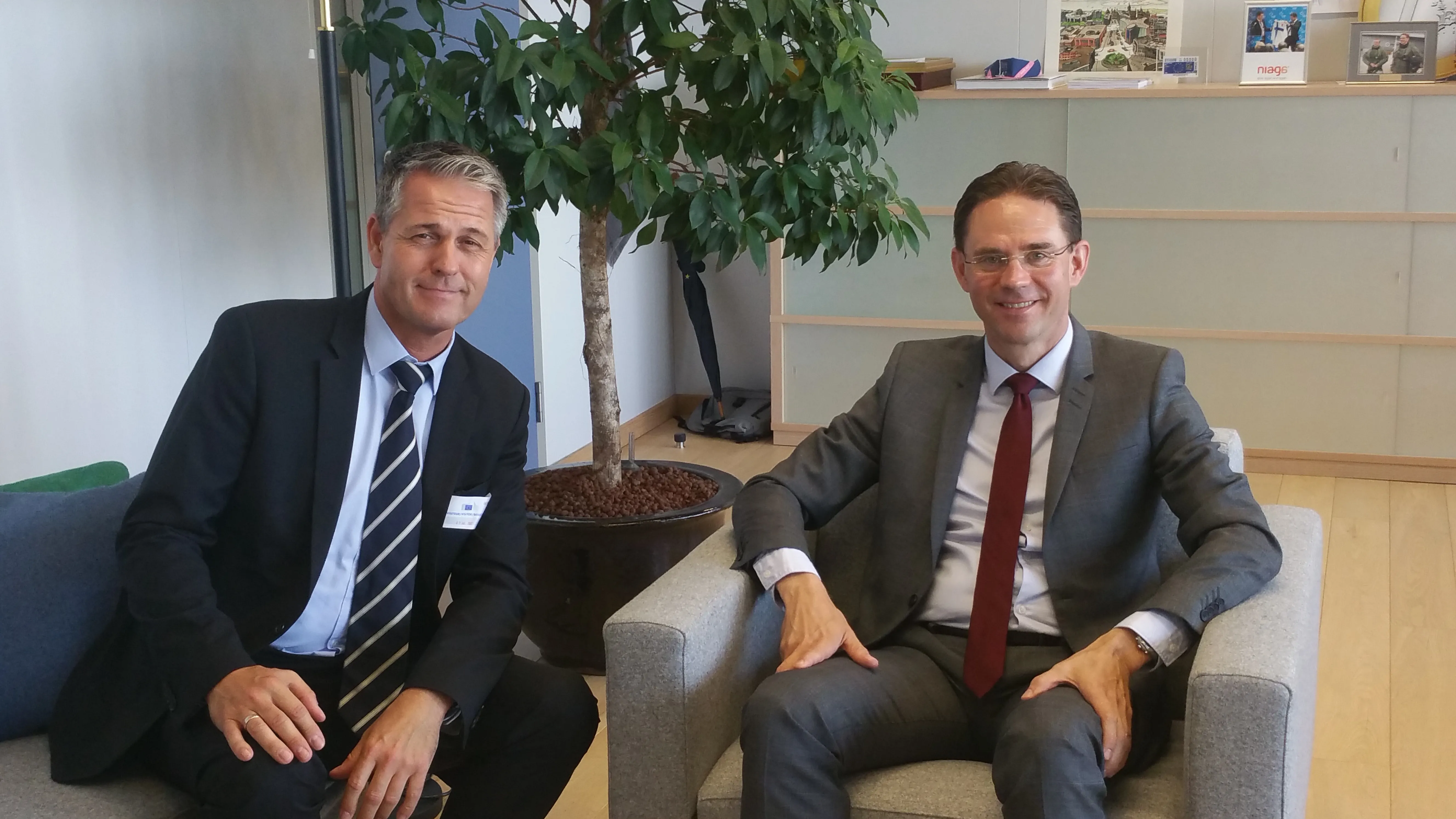A stakeholder workshop is being organised by the SATIE project, which is co-funded by the European Commission through the 7th Framework Programme for Research. The workshop will be held following this year’s Transport Research Arena in Athens on the 26th April 2012and from 14:00 – 18:00. The free workshop is being targeted at those delegates interested in research, innovation and deployment of ITS technologies. The workshop will help explore options to design, develop and deploy a major new Europe-wide init
April 20, 2012
Read time: 2 mins
A stakeholder workshop is being organised by the SATIE project, which is co-funded by the 2465 European Commission through the 7th Framework Programme for Research. The workshop will be held following this year’s Transport Research Arena in Athens on the 26th April 2012and from 14:00 – 18:00. The free workshop is being targeted at those delegates interested in research, innovation and deployment of 3278 ITS technologies. The workshop will help explore options to design, develop and deploy a major new Europe-wide initiative for sustainable, intelligent mobility. The SATIE project, , is creating and validating a concept for a European Large-Scale Action to stimulate innovation and its take-up in the domain of Information & Communication Technologies (ICT) for transport and mobility. Such an ELSA aims to deliver a new partnership between authorities, industry, SMEs and research, able to channel much of the dispersed effort, funding and impact of today’s European and national R&D projects into a single initiative linking test-beds and innovation from across Europe. The workshop will provide information on understanding possible concepts for an ELSA and show how an ELSA could speed the process from research and development to marketing and deployment. Attendees will be able to give input on ELSA policy goals and which ICT measures would be most effective, as well as exploring how and why an organisation might benefit from a future ELSA for transport-ICT. The workshop will also allow attendees to network with other potential ELSA promoters and investors, and hear the latest views from the European Commission.









